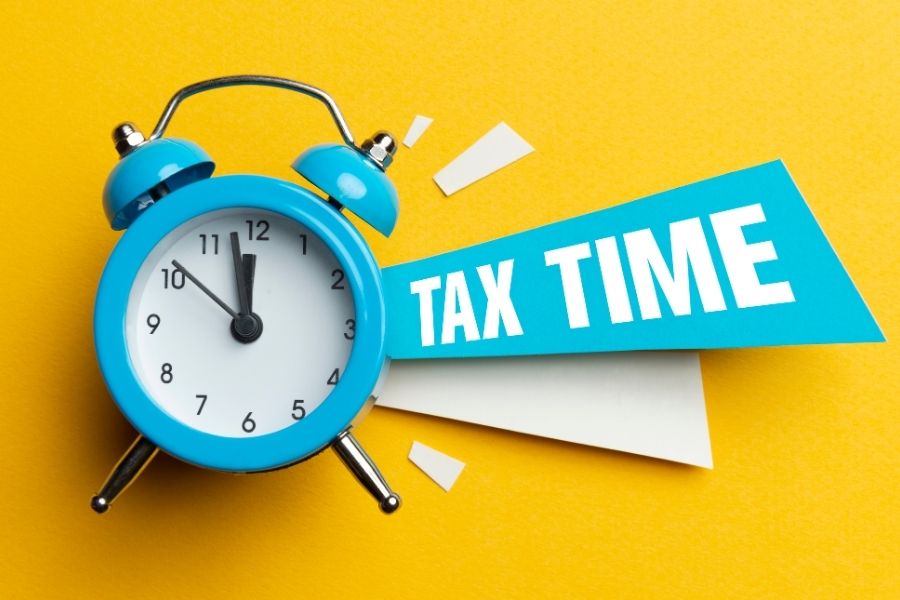So, tax season is upon you, and you find that you owe the IRS more money. You pay up and feel the pain of doling out more of your hard-earned dollars. You don’t want this to happen again next year, so what now? How do you move forward?
Well, don’t fret! Luckily, there are numerous steps you can take to reduce the amount you owe the IRS at the end of the year. Today, we will walk through some options to consider when planning out your 2024 tax strategy!-
Increase your 401k or other employer-sponsored retirement plan elective
deferrals.
When you contribute money to your employer-sponsored retirement plan, the amount contributed decreases your adjusted gross income. This in turn trickles down to less taxable income, a.k.a. the amount of money your tax liability is based on. So, take advantage of this! The closer you are to maxing out your contributions, the better! -
Increase your contributions to your Health Savings Account (HSA).
This tip falls into the same vein as the above. HSA contributions also decrease your taxable income. In addition to this, they grow tax-deferred, and distributions are excluded from your taxable income, provided they are used for qualified medical expenses! -
Increase your withholdings with your employer.
Once you have maxed out your contributions to your employer-sponsored retirement plan and your HSA, another option is to increase your withholdings with your employer. For newbies in the working world, this means asking your employer to increase the amount of money they withhold from each paycheck to cover your anticipated tax liability. This puts you ahead by paying more towards taxes each month rather than being surprised by a lump-sum owed at the end of the year. While these tips are geared toward traditional employees, there are many ways folks from all professional walks of life, from employees to business-owners, freelancers and more, to approach tax strategy to mitigate their end-of-year tax liability. The important thing is considering all your options, and the pros and cons of each choice when it comes to the impact it will have on your overall financial plan. If you would like a helping hand plotting your financial route for 2024, a financial advisor could be your key to unlocking all the knowledge and resources you need for a successful fiscal year! To learn more about your options for expert financial guidance, you can check out our blog on the topic: Simplifying Financial Decision Making with Expert Guidance.






